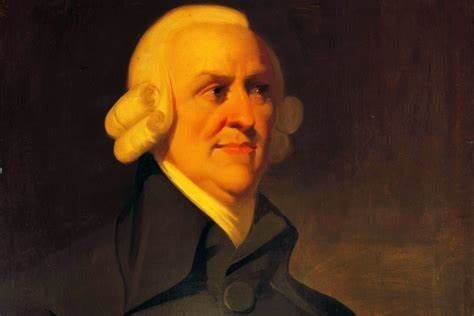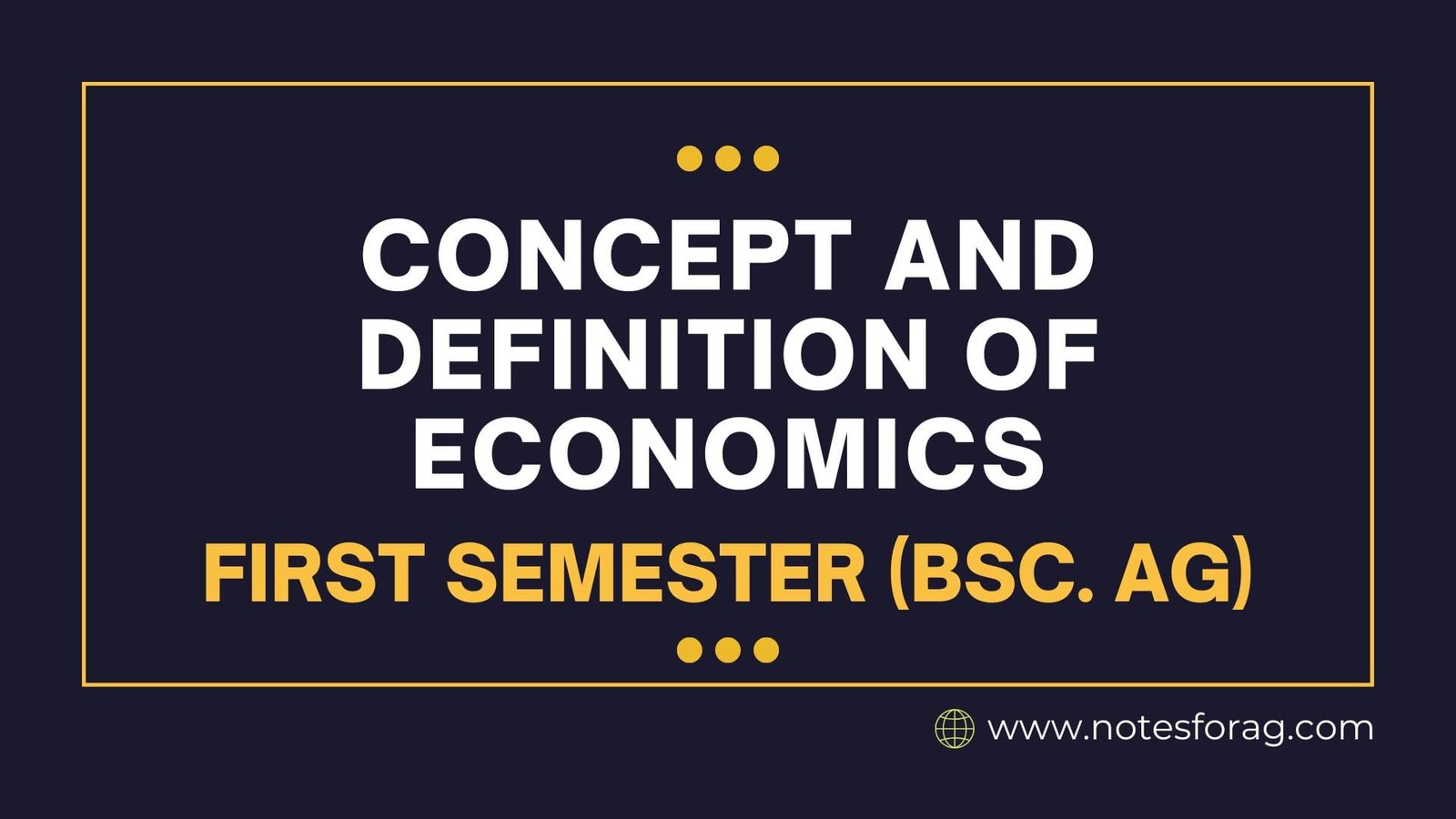The study of the concept of economics as a social science has indeed evolved significantly over the centuries, reflecting changes in societal needs, technological advancements, and shifts in philosophical perspectives. This evolution can be traced through various schools of thought, key theories, and the contributions of influential economists.
Concept of Economics
The concept of economics revolves around the study of how individuals, businesses, and societies allocate scarce resources to satisfy their needs and wants. It encompasses the analysis of production, distribution, and consumption of goods and services, as well as the behaviors and interactions of economic agents. Economics is divided into two main branches: microeconomics, which focuses on individual and firm behavior, and macroeconomics, which examines the economy as a whole, including issues like inflation, unemployment, and economic growth. Ultimately, the major concept of economics is to understand and explain how choices are made in the face of scarcity and how these choices impact overall welfare and societal outcomes.
Table of Contents
Adam Smith

Adam Smith is commonly known as the “father of modern economics. “His ideas established the foundation for classical economics and substantially influenced economic philosophy. Here’s an in-depth look at his life, major contributions, and long-term impact on economics. Adam Smith’s contributions to economics are monumental and enduring. His insights into the functioning of markets, the role of self-interest, and the benefits of specialization have shaped economic thought and practice for centuries. His works remain essential reading for anyone interested in the field of economics and its historical development. His most significant works include:
“The Wealth of Nations” (1776): This seminal work is often considered the first comprehensive treatise on economics.
“The Theory of Moral Sentiments” (1759): This book explores the nature of morality and human emotions, laying the foundation for his later economic theories.
Alfred Marshall

Alfred Marshall (1842-1924) was a well-known British economist whose work established the basis for modern microeconomics. He is most recognized for his contributions to supply-and-demand theory, elasticity, and consumer excess. Marshall’s major book, “Principles of Economics,” published in 1890, presented key concepts such as the “Marshallian cross,” which depicts the supply-demand balance. His most significant works include:
Microeconomic Foundations: Marshall is recognized for having established the framework for a contemporary theory of microeconomics. He presented ideas that are essential to comprehending market behavior, such as supply and demand, price elasticity, and consumer surplus.
Equilibrium Analysis: He underlined the significance of equilibrium analysis, which determines prices and quantities of commodities in marketplaces when the quantity supplied and the quantity sought are equal.
Welfare Economics: Marshall’s research examined the effects of economic activity on both society’s welfare and individual well-being.
Lionel Robbins

In his essay “An Essay on the Nature and Significance of Economic Science,” Robbins defined economics as “the science which studies human behavior as a relationship between ends and scarce means which have alternative uses.” This definition highlights the core economic problem of scarcity and the need for individuals and societies to make choices about resource allocation. His major contributions are:
- Scarcity and Choice: Robbins is known for his emphasis on scarcity as a fundamental problem in economics. He argued that resources are limited, while human wants are virtually unlimited, leading to the necessity of making choices.
- Broadening the Scope of Economics: Robbins’ work helped to redefine economics as a science that examines the allocation of scarce resources among competing uses, which includes not only market transactions but also non-market decisions.
- Methodological Approach: He advocated for a methodological approach to economics, emphasizing the importance of logical reasoning and empirical evidence in economic analysis.
The development of economic theory is a reflection of the increasing complexity of comprehending how people and societies function when faced with resource constraints. From Robbins’ emphasis on choice and scarcity to Smith’s concentration on wealth creation, economics has broadened its scope to include a variety of social interactions and human behaviors. The significance of the concept of economics as a social science that examines welfare, resource allocation, and human decision-making in addition to markets is highlighted by this development.
Frequently Asked Questions
What is the definition of economics according to Adam Smith?
Adam Smith, also known as the “Father of Economics,” defined economics in his seminal work “The Wealth of Nations” (1776) as the study of how nations may create prosperity. He stressed the value of free markets and the role of self-interest in supporting economic growth. Smith’s definition focuses on wealth creation and distribution, emphasizing the necessity of labor division and market mechanisms.
Why is the concept of scarcity important in economics?
Answer: Scarcity is a fundamental concept in economics because it reflects the limited nature of resources compared to the unlimited wants and needs of individuals and societies. It forces individuals and organizations to make choices about how to allocate their resources efficiently, which is the essence of economic decision-making.
What are the main differences between these definitions?
Adam Smith focuses on wealth creation and the role of markets.
Alfred Marshall emphasizes human behavior in everyday life and the dynamics of production and consumption.
Lionel Robbins highlights scarcity and choice, framing economics as a study of resource allocation under constraints.
Related Articles
Principle of Economics – First Semester (BSc. AG) – Notes For AG

